Found: The Oldest Plant Fossil Ever Discovered
It looks like red algae.
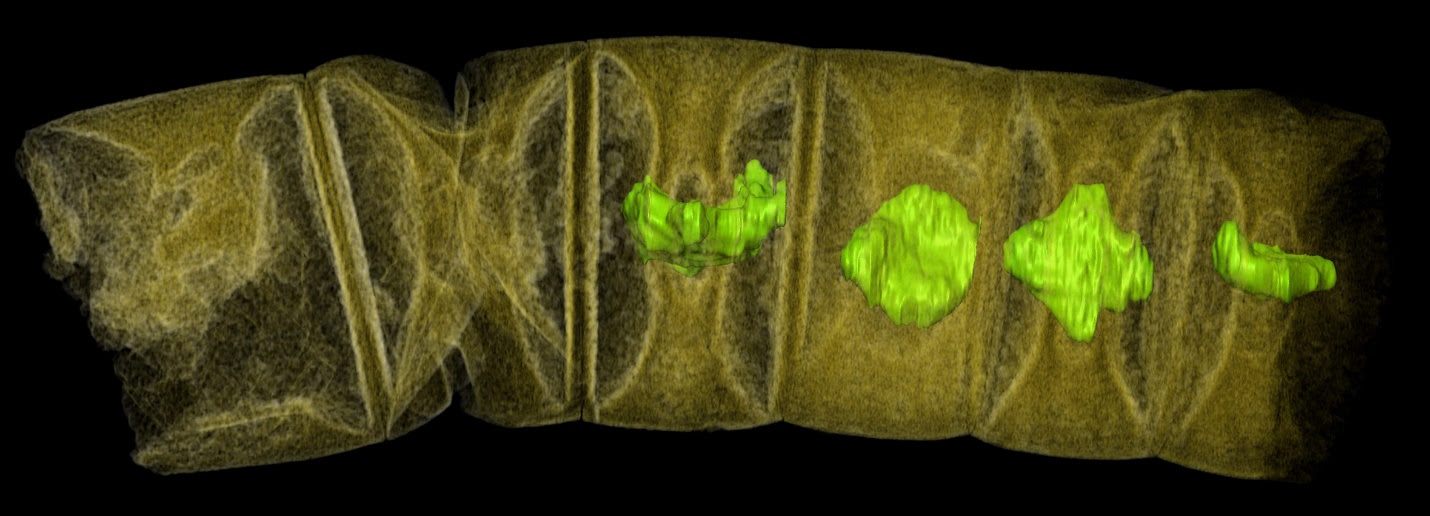
Therese Sallstedt, a geobiologist working with the Swedish Museum of Natural History, was examining an ancient fossilized microbial mat when she saw something incredible. Usually, she studies minuscule cyanobacteria, but in this mat there were slightly larger fossils, one even visible to the naked eye, as Popular Science reports. They looked “fleshy,” even.
These fossils, as Sallstedt and her colleagues report in PLOS ONE, appear to be 1.6-billion-year-old red algae. That makes them the oldest plant-like fossils ever discovered; the previous oldest algae was 1.2 billion years old.
It was, for Sallstedt, an amazing find. “I got so excited I had to walk three times around the building before I went to my supervisor to tell him what I had seen!” she said in a press release.

The algae came from an outcropping of rocks, the Tirohan Dolomite of the Lower Vindhya, in central India, near the town of Chitrakoot. There are relatively few spots on Earth to study the early development of life; they have to have survived billions of years of tectonic activities. The Vindhya outcropping is the rare spot where phospate has preserved microbial maps from the Paleoporterozoic Era; it is, Sallstedt writes, “a unique preservational window into this time period in Earth History.”
The discovery of these fossils could help scientists develop a more clear picture of how life on Earth developed, by adding to the timeline of when plant life first diverged from the other tiny organisms swarming the planet.





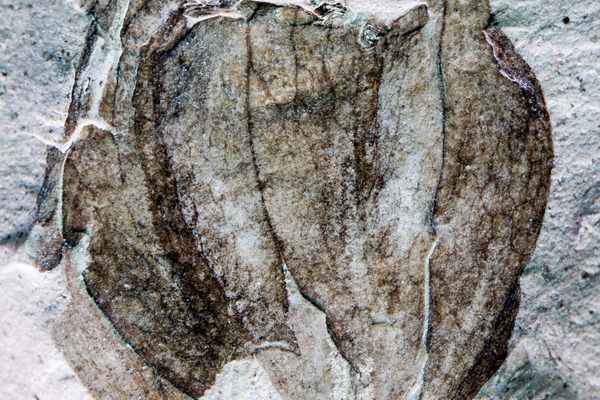


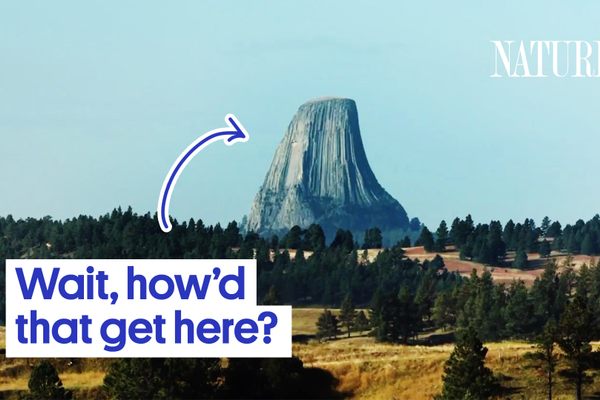




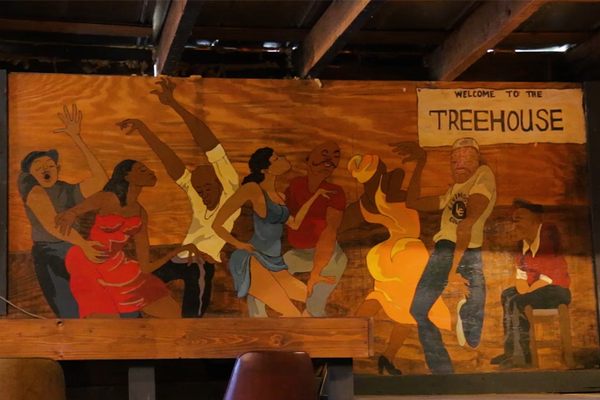

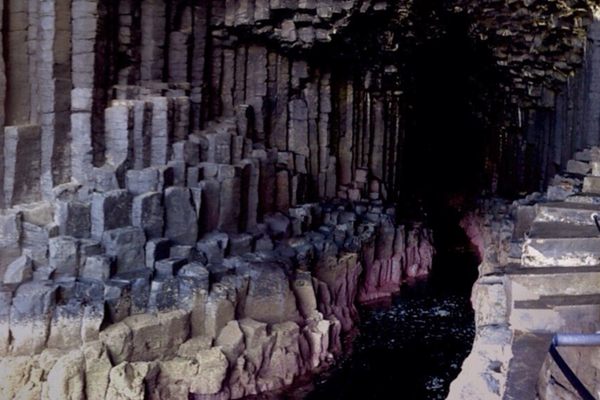







Follow us on Twitter to get the latest on the world's hidden wonders.
Like us on Facebook to get the latest on the world's hidden wonders.
Follow us on Twitter Like us on Facebook